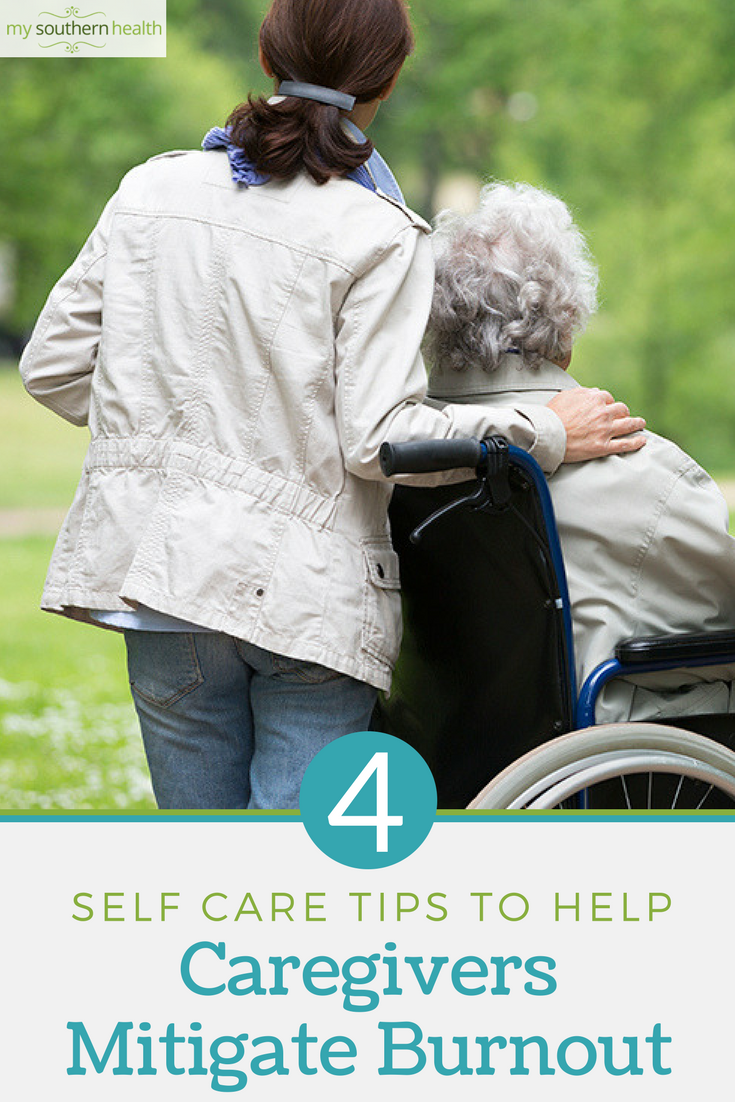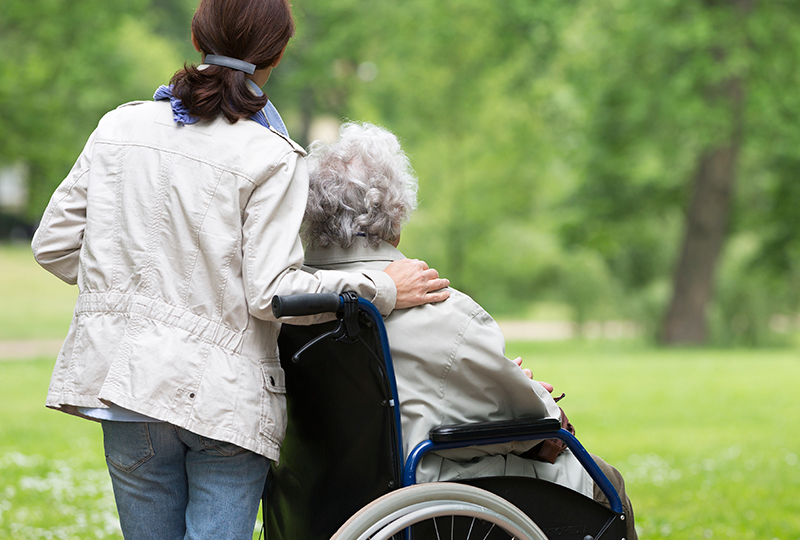For many Tennessee caregivers, giving comes first — and sometimes at their own expense. Learn how to take care of yourself as you care for others.
About 2 million Tennesseans are involved in some form of helping elderly family members or friends with their daily routines. And this number surpasses 50 million across the country, estimates the Administration on Aging. Exact numbers are not known because caregivers often do not identify themselves with this role. In addition, there is no standard definition of “caregiver,” so research studies use a variety of descriptions that influence the estimates.
No matter the numbers, if you’re part of this group, whether you call yourself a caregiver or simply a good daughter or son, you know that caring for an aging parent or loved one has its rewards and challenges.
If you are a caregiver, or expect to be one someday, the following tips can help you cope and mitigate caregiver burnout:
1. Open the dialogue.
While your loved ones are still able to manage aspects of their daily lives, have a frank conversation with them about caregiving plans. If you are an adult child caring for a parent and have other siblings, ask the sibling who is most comfortable with the parent to discuss the subject with him or her.
If you’re caring for a spouse, initiate the topic by talking about the type of care you’d prefer for yourself (for example, an assisted living apartment). Don’t assume that the method of care you want is also what your loved one wants.
2. Find a care manager.
Care managers help families devise strategies to meet an older loved one’s caregiving needs. You can find one through the National Association of Professional Geriatric Care Managers. Locally, you can call area agencies for referrals.
Be very careful to check references and credentials before hiring anyone to care for your family member. Use the National Center on Caregiving’s Family Care Locator or the Administration on Aging to find resources in your state.
3. Delegate, delegate, delegate.
Caregivers need to delegate specific responsibilities to others. Establish a schedule and say, for example, “On Sunday, you can take Mom to church; on Monday, you can drive her to the store,” and so forth.
4. Take care of yourself.
A burned-out caregiver isn’t much help to anyone. Try to get enough sleep; exhaustion is a common complaint among caregivers. Get regular exercise. Exercise helps relieve stress, gives you a break from caregiving responsibilities, and keeps depression at bay.


You’re not alone. Check out Vanderbilt Home Care Services to learn more about caregiver support and resources available for caregivers in the South.

